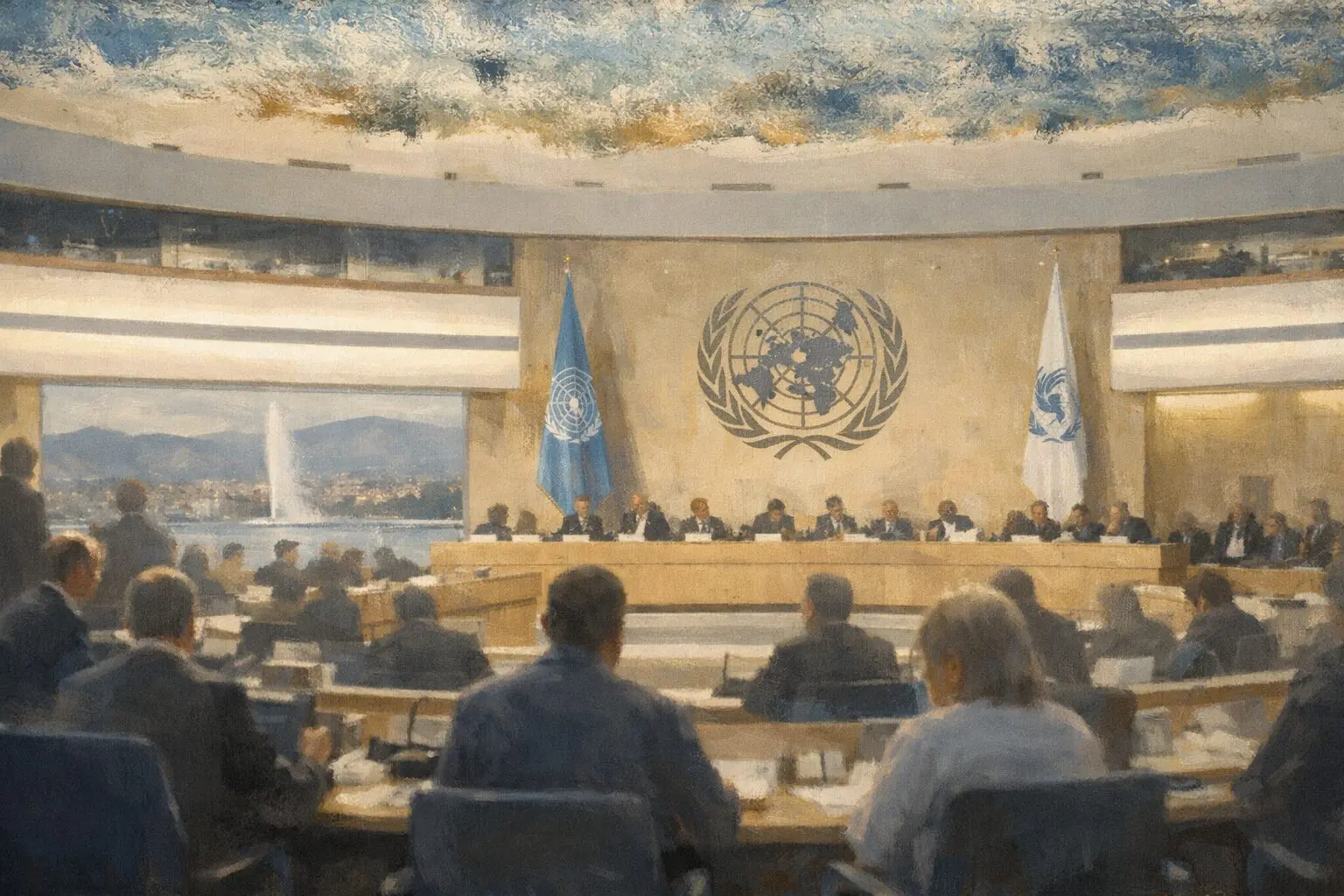Jehovah’s Witnesses acquitted on appeal for alleged discrimination and incitement to hatred
On 7 June 2022, the Ghent Court of Appeal acquitted the Belgian Association of Jehovah’s Witnesses of all charges of discrimination and incitement to hatred, after they had surprisingly been fined 96,000 euros by the Ghent Criminal Court in March 2021.
In 2015, a former Jehovah’s Witness went to the public prosecutor’s office, claiming that once members left the community, they were ostracised and completely socially isolated by order of the organization.
The public prosecutor’s office in Ghent had summoned Jehovah’s Witnesses on four counts: incitement to discrimination on the basis of religious beliefs against a person, and against a group, and incitement to hatred or violence against a person, and against a group.
In the first instance, the Belgian Association was found guilty of inciting discrimination and hatred or violence against former members who had left the community but it appealed the decision.
The Court of Appeal of Ghent hereby confirmed on 7 June 2022 that Jehovah’s Witnesses’ biblical practice of limiting or avoiding contact with former followers, also called shunning, was legal and does not incite discrimination, segregation, hatred or violence.
Human Rights Without Frontiers largely covered the judicial proceedings in 2021 in Bitter Winter, addressing the following issues:
- Timeline
- The trial
- Who are the claimants?
- The statements of the claimants
- The position of the CCJW
- The verdict and its consequences
Ghent Appeal Court decision in line with Belgian and European jurisprudence
The decision on appeal is in line with the opinion of leading scholars who have followed this case. It is also in conformity with previous rulings by Belgian courts of appeal and the Court of Cassation on the same issue.
On 10 January 2012, the Court of Appeal of Mons rejected the discrimination claim of J.L., a former Jehovah’s Witness.
On 5 November 2018, the Court of Appeal of Brussels confirmed the decision of the Court of Appeal of Mons and rejected again the said discrimination claim.
Last but not least, on 7 February 2019, the Court of Cassation also rejected the appeal against the judgment of the Court of Appeal of Brussels.
The European Court of Human Rights had also previously emphasized that determining doctrinal or behavioral standards to which members of a religious community must conform in their private lives is a feature common to many religions.
Referring to these well-established legal principles, Holly Folk, associate professor at Western Washington University, observed as well: “It is not the role of governments to intervene in the choices that consenting adults make. And the reality is that many religions have a norm of no longer having strong ties to people who leave their religious traditions.”
Verdict: Charges not proven and claims of the civil parties unfounded
About the criminal charges, the Court of Appeal of Ghent declared that the charges against the Christian Community of Jehovah’s Witnesses had not been proven and discharged it from prosecution.
About the civil field, the Court of Appeal dismissed as unfounded the claims of the civil parties and the Interfederal Centre for Equal Opportunities and Opposition to Discrimination and Racism, a public institution having taken sides against Jehovah’s Witnesses in the case.
Whilst the condemnation of Jehovah’s Witnesses in first instance was widely covered by printed media, radio and TV, their acquittal was ignored by almost all of them. The media and journalists should avoid stigmatization of any religious group and sensationalism but devote the same attention and importance to a final acquittal.






